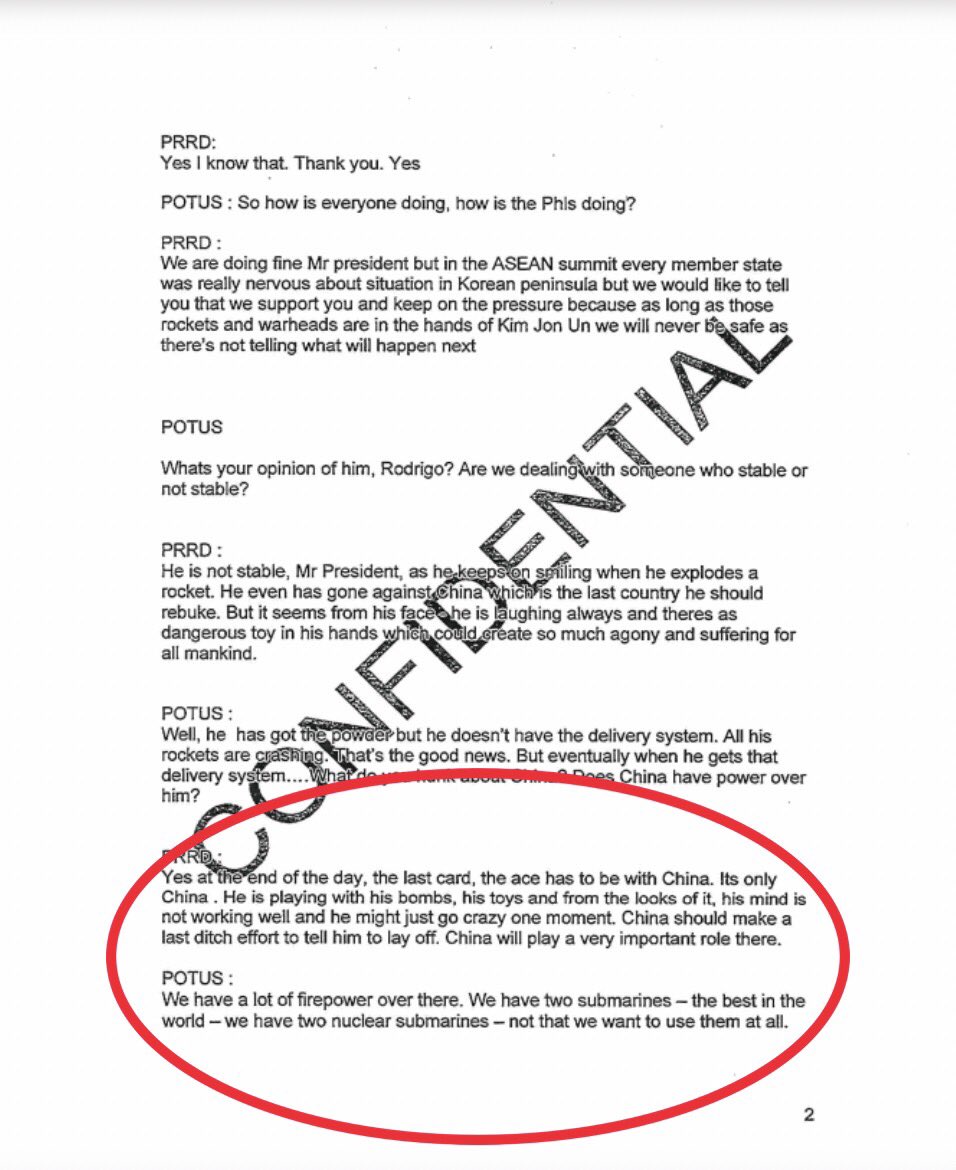Lawmakers want immediate review of travel restriction on Putin critic

The United States government has revoked travel privileges for a fierce critic of Russian President Vladimir Putin, stirring alarm on Capitol Hill.
Bill Browder, a crusader for the Magnitsky Act designed to punish Russian human rights abusers, found himself blocked from traveling to the United States in recent days.
The situation appears to be triggered by Russia’s decision to place Browder on the Interpol wanted list in pursuit of his arrest.
“The Department of Homeland Security should expedite an immediate review of the decision to revoke Mr. Browder’s visa,” Sens. John McCain (R-Ariz.) and Ben Cardin (D-Md.) said in a statement on Monday.
The senators said it “would be unfortunate if the U.S. decided to bar him based on a decision by those same Russian officials who have been targeted by this important legislation.”
Browder, a British citizen, told The Hill in an interview Monday that he was notified late last week that the Department of Homeland Security had revoked his status as a member of the Global Entry program, which is administered by Customs and Border Protection and allows trusted travelers expedited entry into the country.
When Browder tried to book a flight to the United States, he further discovered that his privileges to enter the U.S. ad a citizen of Great Britain had been revoked. Browder uses the Electronic System for Travel Authorization to gain entry into the U.S. under the Visa Waiver Program.
“I discovered that my Global Entry status had been revoked,” Browder said. “We then checked into a flight to Newark and the airline wouldn’t let me check in, wouldn’t let me board because of the visa issue.”
“At that point, I then contact my contacts in law enforcement and it was confirmed to me that Russia had added me using the Interpol diffusion system on the 17th of October,” Browder added.
Browder is a British financier who has been a major driving force behind the Magnitsky Act, a bipartisan law was passed in 2012 to punish human rights abusers in Russia. The law is named for Sergei Magnitsky, a Russian lawyer, who was jailed after discovering a tax fraud scheme and who died under suspicious circumstances. Browder was one of Magnitsky’s clients.
Browder’s support for the law has made him an enemy of Moscow. Russia has on four previous occasions petitioned to get Interpol to secure Browder’s arrest, though the international police organization has rejected the requests, deeming them politically motivated.
In the past, Browder’s visa privileges were revoked as a result of Russia’s actions, but he said the U.S. government previously had resolved the issue within hours.
“I am hopeful that this is just a technical issue driven by Interpol and it will be resolved quickly,” Browder said Monday.
The Department of Homeland Security did not respond to a request for more information. Browder said he received little information from Homeland Security when he inquired about his Global Entry status in recent days.
[The Hill]
Update
After the firestorm, Browder has been cleared again to enter the US.









